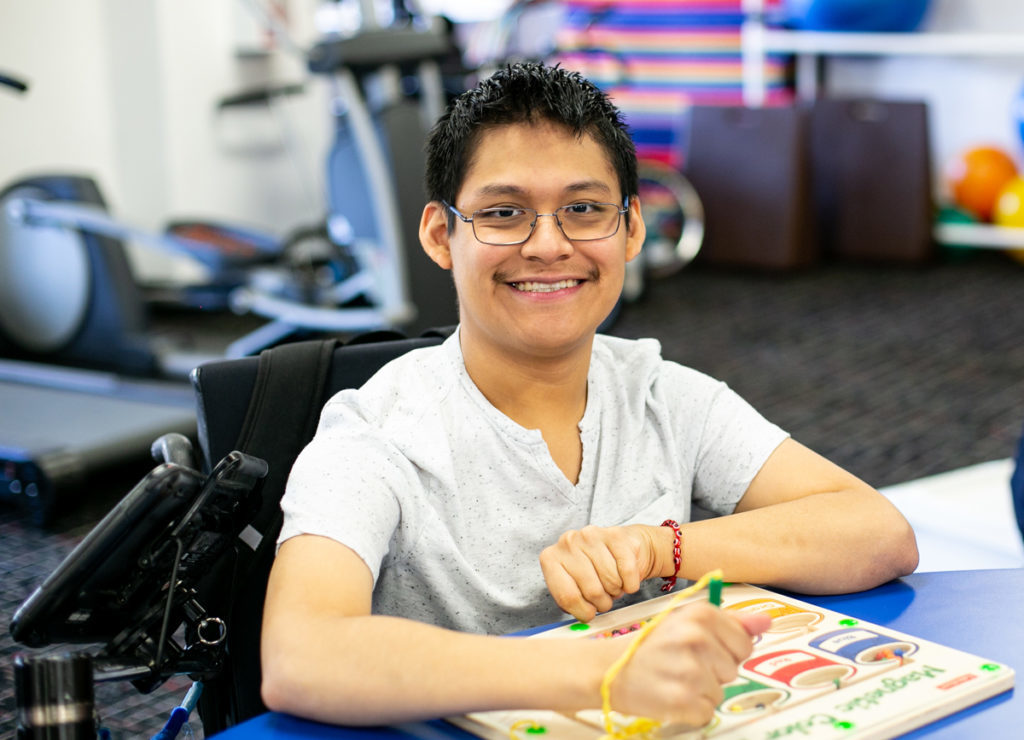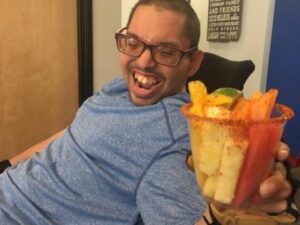Adults with intellectual and developmental disabilities are people with special needs. They rely mostly on the care of others to perform tasks that non-disabled persons typically see as effortless. The chances are that a family member or caregiver supervises them.
Their limitations also restrict them to a different set of activities for exercise. And while seemingly straightforward, these tasks are essential to improving their physical and intellectual abilities. Assisting adults with disabilities to perform recreational activities can also be fun for anyone.
Activities for Adults with Disabilities
There are many endeavors that disabled people can have fun doing. There are physical, cognitive, and sensory activities that serve specific purposes. They make sure that disabled individuals grow in every aspect of their well-being.
Physical
Adults with disabilities need to stay physically active during the day. Walking around a park is an excellent workout. It can serve as a physical exercise while offering respite through exposure to nature. Hiking and swimming help too. Simple aerobics and yoga also strengthen their muscles and keep them in shape.
Individuals in wheelchairs can also engage in physical activities. There are community organizations that organize sports like seated basketball and volleyball. They can also enjoy some aquatic and aerobic exercises.
Cognitive
Cognitive activities are vital in developing brainpower for adults with disabilities. There are plenty of cheap but effective ways to stimulate their brains. Jigsaw puzzles urge thinking through fun challenges while constructing a model car, plane, or boats aids in their creative skills.
These schemes promote skills and patience. Finishing the projects also gives a great sense of satisfaction and achievement to the participant.
Sensory
The emotional health of a disabled person is vital to his overall well-being. Playing games, crafting, cooking, and other everyday activities aid in bonding and socializing. They can build confidence and encourage adults with disabilities to engage with people outside their families. Hobbies created with these efforts also feed their sense of pleasure and happiness.
People with special needs shouldn’t succumb to their deficiencies. They should be allowed to enjoy simple everyday pursuits. Participating in these activities and socializing lets them live active, happy, and fulfilling lives.

